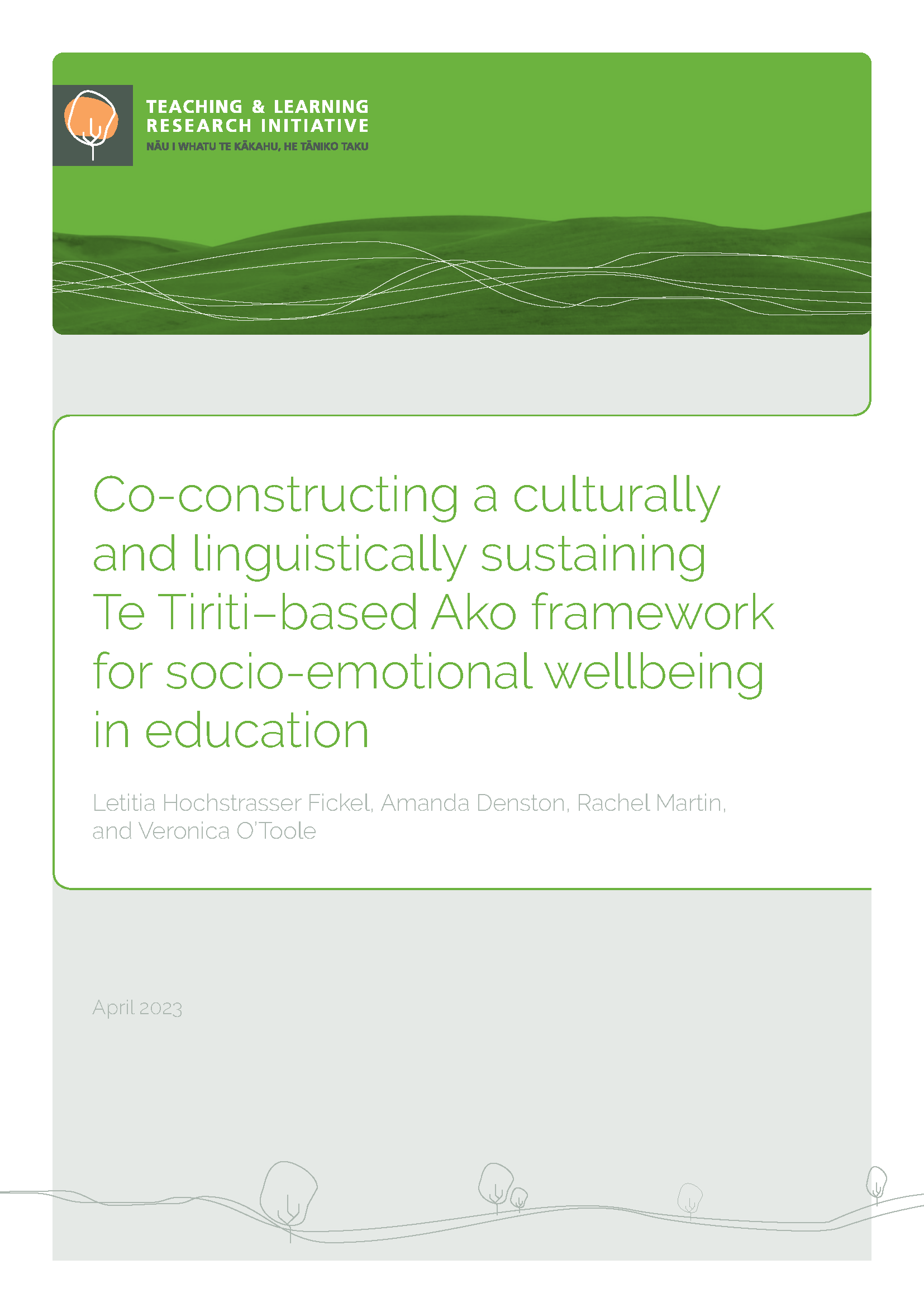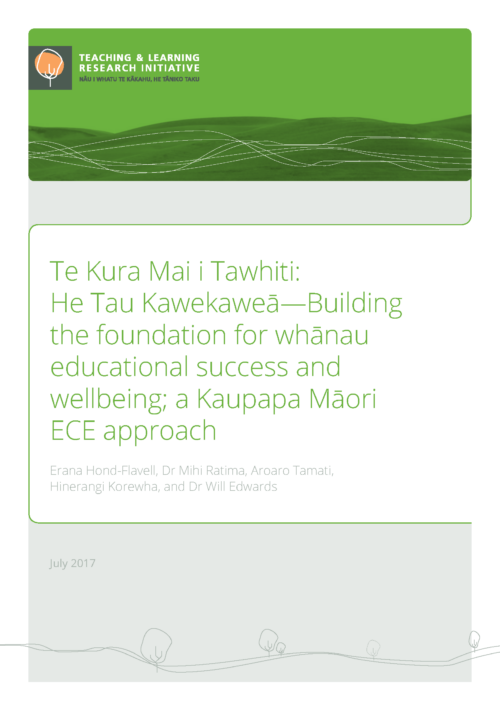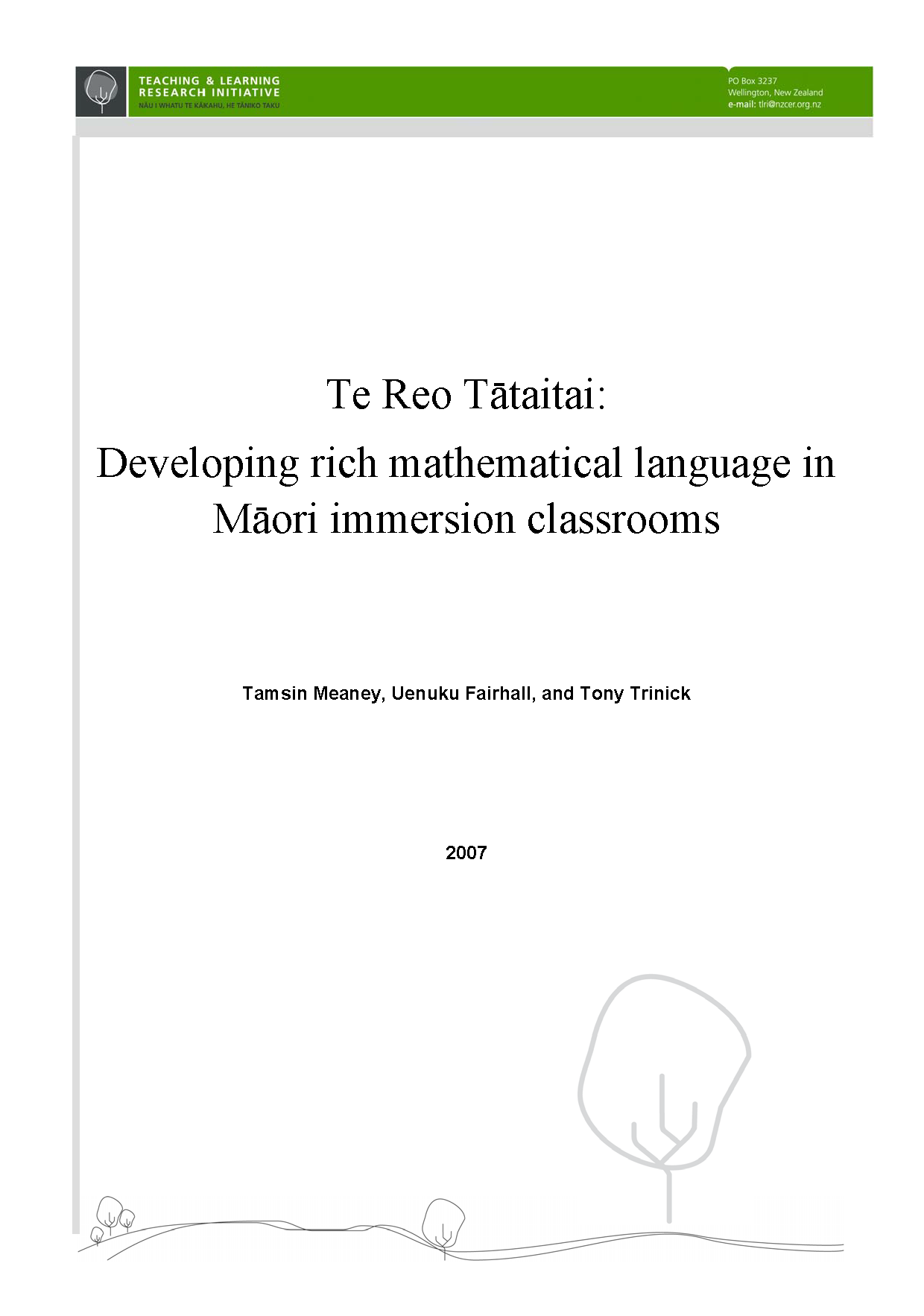
Co-constructing a culturally and linguistically sustaining, Te Tiriti-based Ako framework for socio-emotional wellbeing in education: A collaborative project among teachers, whānau, hapū and iwi to enable a holistic approach to education
Introduction Schools have a role to play in improving youth social emotional wellbeing (SEW) by supporting their development of social-emotional knowledge, skills, and capacities through social emotional learning (SEL). However, schools in Aotearoa New Zealand vary widely when responding to and promoting tamariki wellbeing (Education Review Office, 2015a, 2015b). More successful schools show a comprehensive approach, including more explicit curriculum connections (Boyd et al., 2017). Enhancing SEW and SEL practices in schools can play a part in mitigating the adverse effects that low rates of wellbeing have for tamariki, particularly for Māori, Pacific, and other underserved youth (Bishop et al., 2009). SEL programmes are effective for fostering students’ wellbeing through social-emotional



